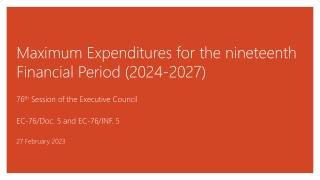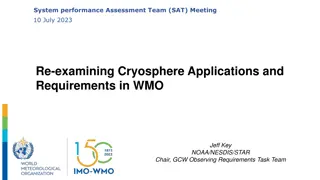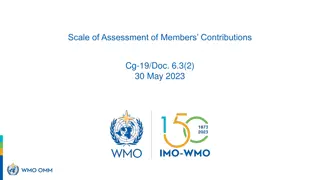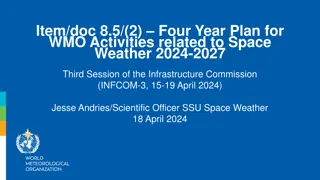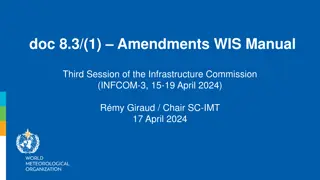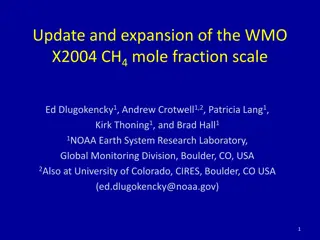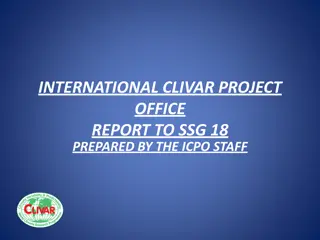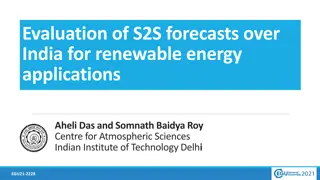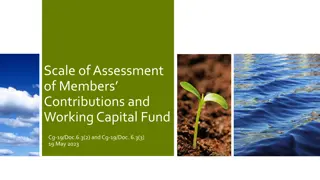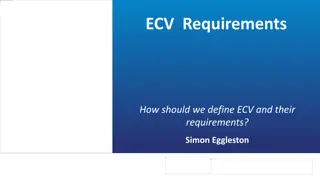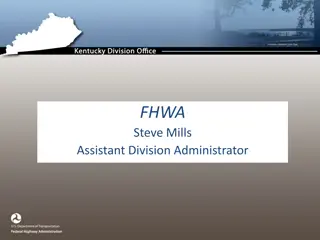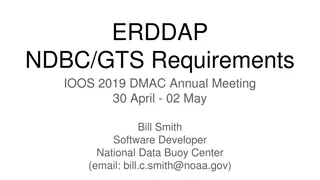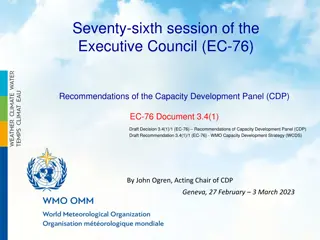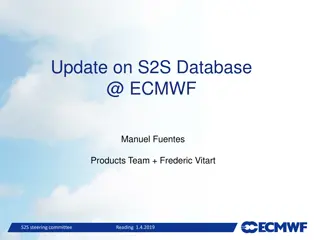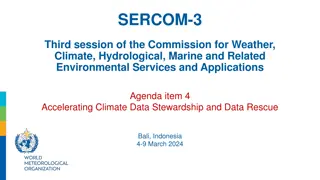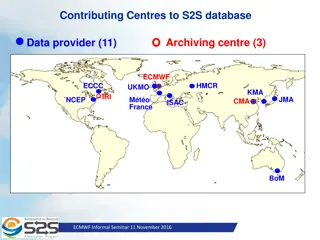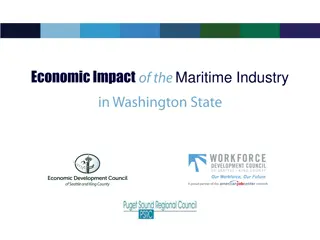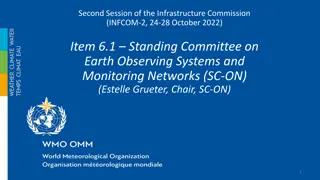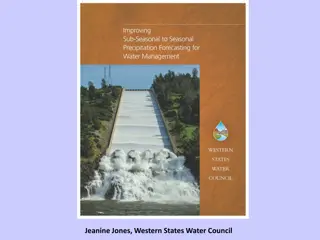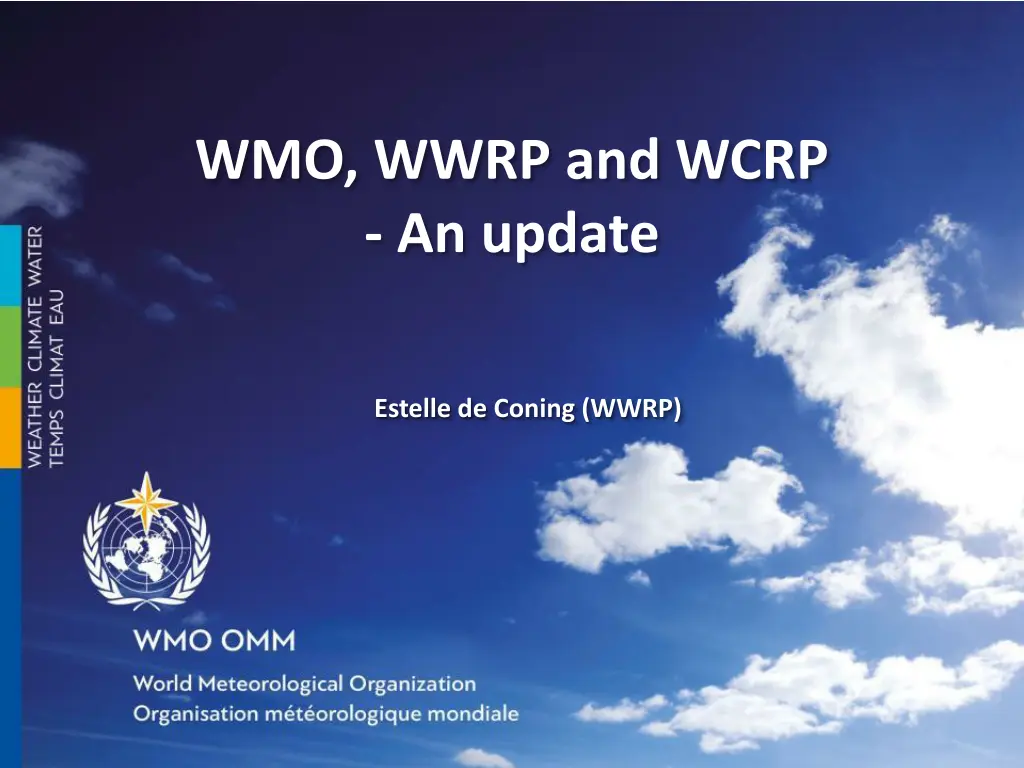
Update on WMO, WWRP, and WCRP Initiatives
Explore the latest developments in the initiatives of World Meteorological Organization (WMO), World Weather Research Programme (WWRP), and World Climate Research Programme (WCRP). Learn about their strategic plans, reform objectives, and proposed structure for enhanced effectiveness and value to society.
Download Presentation

Please find below an Image/Link to download the presentation.
The content on the website is provided AS IS for your information and personal use only. It may not be sold, licensed, or shared on other websites without obtaining consent from the author. If you encounter any issues during the download, it is possible that the publisher has removed the file from their server.
You are allowed to download the files provided on this website for personal or commercial use, subject to the condition that they are used lawfully. All files are the property of their respective owners.
The content on the website is provided AS IS for your information and personal use only. It may not be sold, licensed, or shared on other websites without obtaining consent from the author.
E N D
Presentation Transcript
WMO, WWRP and WCRP - An update Estelle de Coning (WWRP)
WWRP - Seamless Science Challenges and Opportunities Private Public Partnership - Verification Bridging between Infra. TC and RB Extreme Earth Project Hydrology Prediction Project - High Mountain Networking conferences https://www.nature.com/articles/d41586-017-08463-3
WCRP Strategic Plan WCRP has developed a new Strategic Plan, covering a 10-year time horizon (2019-2029) Takes into account the outcomes of the co- sponsors review (finalized in June 2018) Importance of basic science, seamless approach (time, space, ESM, R-O) and links to services and policy emphasised https://www.wcrp-climate.org/resources/wcrp-sp The WCRP Strategic Plan is now at the final draft stage, awaiting approval of the WCRP Sponsors (WMO, IOC, ISC) The possible new structure of WCRP and other detailed organizational issues will be considered as part of the WCRP Implementation Plan Climate research for the twenty-first century, Nature Climate Change, 9, pp. 183 185. 2019 https://public.wmo.int/en/media/news/climate-research-21st-century
CONSTITUENT BODIES REFORM (CBR) hnliches Foto 1873 2050 WMO for the 21st Century
WMO CB Current structure 6 Regional Associations 8 Technical Commissions
INDIVIDUAL GROUPS BY COMMISSION 70 Groups per Technical Commission 61 60 50 50 40 34 30 28 30 25 24 18 20 8 10 0 CAeM CAgM CAS CBS CCl Chy CIMO GCOS JCOMM ~270 teams in total, many of them with (partly) overlapping mandates, terms of reference and membership; ~100 observations related groups 3601 Experts in total, 2373 unique names; 75 pairs of teams have 4 or more experts in common; 125 pairs have 3 or more;
REFORM OBJECTIVES Effectiveness and efficiency Seamless and integrated approach Engagement of Members and Experts Increase value for society Earth System approach WMO Internal unity Agile and responsive to new challenges
New proposed WMO Structure Strategic Plan Global Lead/Regional Expertise Executive Council Policy, Coordination, Integration, Foresight Long-term Goals Services Commission 1 CAS expanded into a new Research Board on Weather, Climate, Water and the Environment Move away from a strict inter-governmental arrangement Strengthen the integration between current research programmes (WCRP, WWRP and GAW) and non-governmental actors, (academia, research centers and the private sector). Services Policy Advisory Committee Only 2 TC instead of 8 Infrastructure Commission Technical Coordination Committee 2 Systems Scientific Advisory Panel Research Board 3 Science Support to Members Regional Associations 4 Smart Organization 5 Agile, responsive Secretariat EC-70 Recommendations to Congress Established by EC-70
NEEDED: AN ENHANCED ROLE FOR REGIONAL ASSOCIATIONS Congress / EC Political and economic regional groups Scientific and technical communities Regional requirements, needs and priorities TECHNICAL COMMISSIONS Technical solutions Standards, guidance REGIONAL ASSOCIATIONS National/regional experts Expertise, assistance, efficiency, innovation Implementation Process
WHATS NEXT? Establishing of structures, work programmes, preparation of first session Finalization of proposals, work on details, mapping, communication, formation of Communities of Practice (CoP) Kick-off of new TCs APPROVAL of CBR 2019 2020 2018 https://public.wmo.int/en/governance-reform

